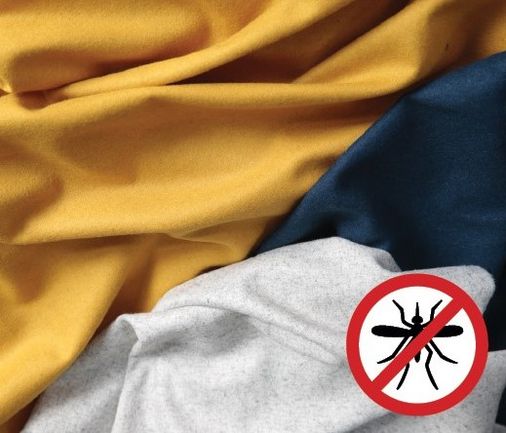Technicians from the TECNALIA Urban Environmental Health Laboratory will offer their experience in the performance of efficiency tests on these products
On 19th October, LOKIMICA and TECNALIA are organising a meeting with LEITAT and Madrid City Council to discuss vector repellent tissues as a means of self-protection and prevention in the integrated management of vector arthropods. Both professionals from the textile industry and experts in vectorial control and biocides from the public and private sector, will meet at the headquarters of the Basque Technology Centre in Madrid to share the latest advances in this field.
In recent decades, the presence of exotic species has been recorded in many regions. As a result of general global warming, some of these species have established populations and are now considered to be invasive. Invasive species include arthropods that may be vectors of such important diseases as malaria, dengue fever, zika, leishmaniasis, etc. Outbreaks of some of these diseases, which used to be typical of tropical areas, are appearing in more northern latitudes, presenting a challenge for Public Health.
The integrated vector management programmes must be as efficient as possible in terms of cost-benefit, and comply with increasingly demanding legislation. This reality requires the development of new technological solutions.
Some questions that may be dealt with:
How are vectors monitored and controlled in Spain? What is a repellent tissue? Are they commercially available? Are there business options? Which species - diseases do they protect against? Do they also protect pets? Do they have any side effects? Do they require maintenance? How are they regulated and by whom? How are the evaluated and by whom? Are there any research proposals? Are there effective alternatives in the market? Are integrated vector management programmes useful?
Come and resolve these and other questions.
Agenda and on-line registration
For further information, contact our colleague Dr. Felix Fontal, Head of the Urban Environmental Health Laboratory

